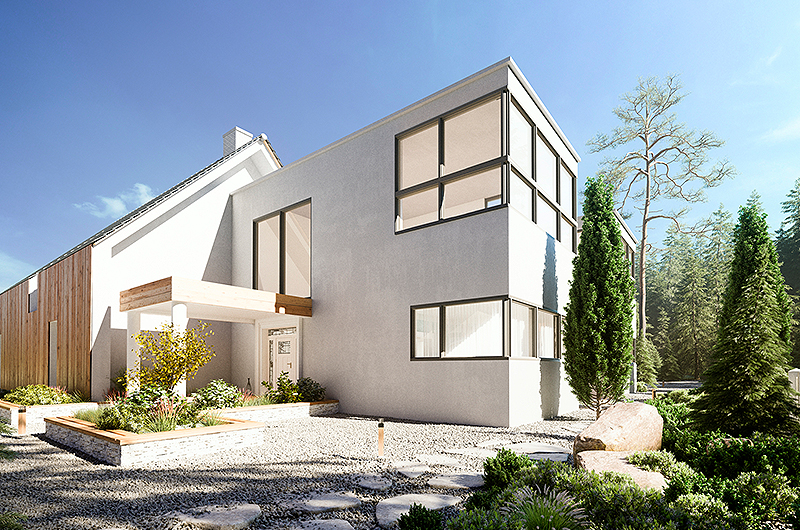Condos vs. Houses: Understanding Your Responsibilities and HOA Benefits
When considering a new home in Florida, many buyers find themselves torn between purchasing a condominium or a single-family house. Each option has its own set of advantages and responsibilities, and understanding these can help you make an informed decision. In this blog post, we’ll explore the differences between condos and houses, the role of Homeowners Associations (HOAs), and what typical fees you can expect.
Condos: A Different Lifestyle
Condominiums offer a unique lifestyle that appeals to many buyers, especially those looking for low-maintenance living. Here are some key points to consider:
- Shared Amenities: Condos often come with shared amenities such as pools, fitness centers, and communal outdoor spaces. These facilities enhance your lifestyle and can foster a sense of community.
- Lower Maintenance Responsibilities: One of the main perks of condo living is the reduced responsibility for maintenance. The HOA typically handles exterior maintenance, landscaping, and common area upkeep, allowing you to enjoy your home without the burdens of traditional homeownership.
- Affordability: Condos can often be more affordable than single-family homes, making them an attractive option for first-time buyers or those looking to downsize.
Single-Family Homes: Space and Independence
On the other hand, single-family homes provide a different experience:
- More Space: Houses generally offer more living space, both indoors and outdoors, making them ideal for families or those who value privacy.
- Complete Control: Homeowners have complete control over their property, from renovations to landscaping. This autonomy allows for personal expression and customization.
- Potential for Investment: Single-family homes often appreciate in value at a different rate than condos, making them a potentially lucrative long-term investment.
Understanding HOA Fees
When buying a condo, you’ll encounter Homeowners Association (HOA) fees. These fees cover a variety of services and amenities, including:
- Maintenance of Common Areas: The HOA is responsible for the upkeep of shared spaces, such as hallways, pools, and landscaping. This ensures that the community remains attractive and well-maintained.
- Insurance for Common Areas: The HOA typically carries insurance for common areas, protecting against damage and liability, which can alleviate some of your financial risks.
- Utilities: In many cases, water, sewer, and trash services are covered by the HOA, reducing your individual bills.
What You’re Responsible For
While the HOA covers a range of costs, there are still some fees that you’ll be responsible for as a condo owner:
- HO6 Insurance Policy: This is a specialized insurance policy designed for condo owners. It typically covers personal property, liability, and any improvements made to the unit. Unlike a traditional homeowner’s insurance policy, the HO6 does not cover the exterior of the building or common areas, as those are covered by the HOA’s master policy.
- Electricity: As with any home, you’ll be responsible for paying your own electricity bills, which can vary based on usage.
Conclusion
Choosing between a condo and a single-family home in Florida comes down to your personal lifestyle, budget, and long-term goals. Condos offer a low-maintenance lifestyle with the added benefits of shared amenities and reduced responsibilities, while single-family homes provide more space and control. Understanding the role of the HOA and the associated fees can help you navigate your options effectively.
If you’re considering purchasing a condo or a house, contact Blue Bird Woliver Realty today! Our experienced team can guide you through the Florida real estate market and help you find the perfect home that fits your needs and lifestyle. 

